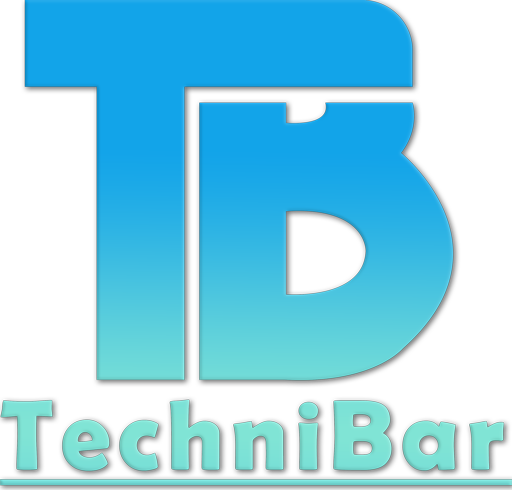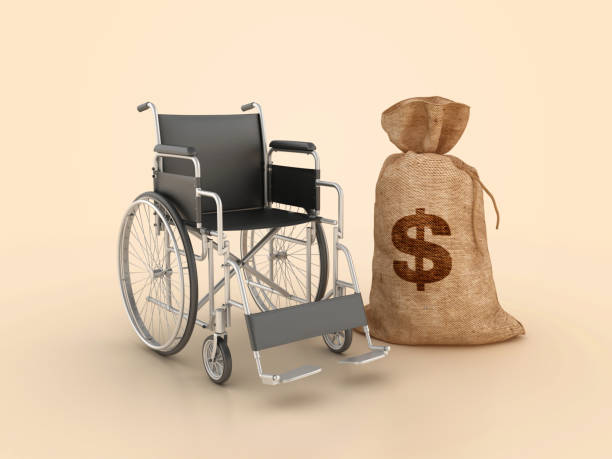The disability is usually associated with special challenges such as medical cost, loss of employment, and extra expenses to get around. Financial support is not only useful to many individuals with disabilities but it is necessary to live a decent life. Fortunately, a number of programs, grants, and resources exist which can offer free money to disabled individuals. The money can be used to meet daily living expenses, health, education, housing, and others.
This article will explain what is meant by free money to disabled people, the kind of financial aid you can get, government and nonprofit programs, eligibility, and the steps you can do practically to make use of this resource.
What is Free Money? Disability
Free money does not literally imply the cash which is given out without any rules. Rather, it is monetary support that need not be returned. In comparison with loans, which are accompanied by interest payments and the necessity to pay them back, free money incorporates grants, disability benefits, stipends, scholarships, and several others.Such funds are meant to decrease financial pressures and enhance self-sufficiency, equity and social inclusion among individuals with physical, intellectual or developmental disabilities.Sources of Free Money for Disabled Persons Disabled people can obtain financial assistance in a number of avenues. These are benefits of government, non profit organisations, private foundations and community based programs.
1. Government Programs
The disabled people depend on government programs as the most dependable sources of financial assistance. They may be:
- Social Security Disability Insurance (SSDI): It is a payment given on a monthly basis to those who have labored in the past but now cannot work because of a disability.
- Supplemental Security Income (SSI): Provides funding to disabled individuals earning low income and have limited resources.
- Medicaid and Medicare Assistance: Covers medical expenses for eligible individuals.
- Housing Assistance Programs: These include Section 8 vouchers in the U.S. which assists the disabled persons to purchase safe and stable housing.
The programs are especially significant as they provide continuous monthly assistance, as opposed to the payments made once.
2. Nonprofit and Charitable Organizations
Several non-profit organizations provide free money or grants to disabled individuals in order to enhance their living standards. Some examples include:
- United Cerebral Palsy : Provides financial help for assistive technology and mobility equipment.
- National Multiple Sclerosis Society: Provides financial assistance to medical equipment and home adaptation.
- Modest Needs Foundation: Assists the needy poor disabled with emergency grants.
- Easterseals: Provides employment training, funds and services related to accessibility to disabled persons.
Areas that the governmental support may be inadequate, like personal mobility devices, home modifications, or education support, are emphasized by the nonprofits.
3. Educational Scholarships and Grants
Special scholarships and grants are offered to the disabled students. These finances can meet tuition, books and living expenses. Examples include:
- The Google Lime Scholarship: Students with disabilities are eligible to receive a computer science degree.
- American Association on Health and Disability Scholarship: To students with disabilities pursuing public health.
- State grants and disability scholarships: Local governments and schools provide and offer these grants.
Holistic education funding allows disabled people to be engaged in careers, become independent, and diminish their dependency on financial aid over a long period.
4. Emergency and Local Assistance Programs
There are a lot of small cash grants or emergency funds given to disabled persons by many local governments or community groups. This free money may assist in covering rent, utility bills, food or medical bills in the times when it is in crisis. As an example, community churches, local disability advocacy organizations and even food banks at times provide financial assistance or even vouchers.
How Free Money Helps Disabled Persons
Disability stands to change the lives of the disabled in a number of ways due to the availability of financial aid:
- Better Healthcare Access – Grants and government initiatives are used to make sure that disabled individuals have money to pay for drugs, treatments, and medical equipment.
- Education and Skills Development – Scholarships enable the disabled students to further their studies without the burden of debt.
- Housing Stability – grants based on Housing Stability provide verified and affordable living conditions through the use of rental assistance and home modification grant programs.
- Greater Independence – Mobility assistance funds can include automobiles or personal aids to allow the disabled to live independently.
- Less Poverty – Because disabled people tend to be discriminated against in jobs or have less ability to earn high incomes, the monetary relief keeps them out of abject poverty.
Eligibility Requirements for Financial Assistance
Not everyone with a disability qualifies for every type of free money. Admission is usually based on such factors as:The severity and type of disability.
- Household income and financial need.
- Work history
- Educational enrollment
- Country or state-specific laws and resources.
As an example, SSDI will need work credits, whereas SSI needs are purely need-based. Granting of scholarships normally involves demonstration of disability and enrolment.
How to Get Free Money Disability
Obtaining financial aid might look daunting, yet it is simpler when it is broken into several steps:
Know Your Needs – Choose whether you need money to live, to get medical treatment, to get an education or to have a place to live.
- Apply Applications These are completed either online or physically depending on the program undertaken.
- Follow Up Keep note of your applications, deadlines, and correspondence.
- Helping with the applications and appeals can be assisted by Get Help Disability advocates, social workers or legal aid organisations.
Maximizing opportunities for Free Money
Apply Smart and Broad: Most grants and scholarships are competitive, and thus apply to various opportunities.
- Connect with Disability Support Groups: Being part of disability advocacy groups can give insider advice on how to access funding.
- Use Technology: Various online databases and disability resource centers have the latest grants and scholarships.
The Bigger Picture: Financial Inclusion for Disabled Persons
It is not charity only to give free money to disabled people but about justice and inclusion. Disability usually restricts employment but it should not be used to imply a lesser quality of life. Financial assistance programs enable the disabled individuals to live on their own, be able to give back to the society, and follow their dreams. Governments, communities, and charities are all crucial in the process of providing financial inclusion. Societies can move in the right direction towards real equality in the face of people with disabilities by increasing awareness and access to these resources.
Conclusion
The availability of free money to disabled individuals may be a life-altering experience as it does not only take away the economic burden of their life but also provides room to live independently, pursue education, and self-develop. There are numerous sources of support available, such as government benefits, such as SSDI and SSI, and nonprofit grants, scholarships and local assistance programs. Although going through the rules and regulations of eligibility and application procedure may be cumbersome, the benefits are worthwhile. People with disabilities are advised to do everything possible and to turn to the help of advocacy groups and not to be inactive in applying to receive assistance. Finally, disabled persons are not only about money: the idea of financial assistance is about dignity, equality, and the ability to help people live a full life when they struggle with disabilities.








